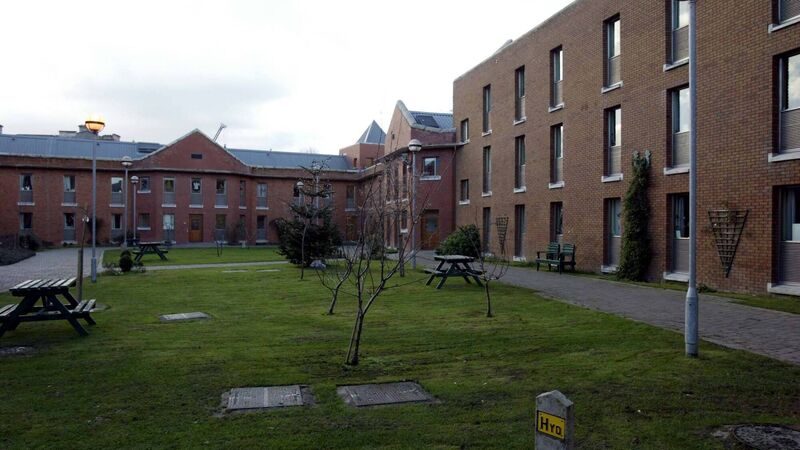Irish prisons 'a dumping ground' for people with mental illness, chaplain's report claims

The overwhelming theme of the chaplain's annual reports in the state’s 12 prisons is the futility, abuse, and extent of neglect in repeatedly incarcerating in prisons persons who should be receiving treatment in an appropriate setting for mental illness. File Picture: Collins
Áine was remanded to the women’s prison, the Dóchas Centre, in 2020 after appearing in court. She had previously spent over a year in a psychiatric facility.











